
Beyond blood: Urinalysis, microbiome, VO2 max and more
The information presented here does not constitute medical advice, and is not intended to be a substitute for a consultation with your medical doctor.
Blood testing provides some of the most important data points about your body.
But, testing does not have to stop at blood.
There are numerous other biomarkers that can give you further insights into your health and wellbeing.
Urinalysis
A urinalysis is a test of your urine, checking its appearance, concentration and content.
For example, a urinary tract infection can make urine look cloudy, and increased levels of protein can be a sign of kidney disease.
How to collect urine
The urine test is quick and painless, but requires some preparation.
To get the most accurate results, the sample may need to be collected midstream, using a clean-catch method:
- Cleanse the urinary opening. Women should spread the labia of the vagina and clean from front to back; men should wipe the tip of the penis.
- Begin to urinate into the toilet.
- Pass the collection container provided by the lab into your urine stream.
- Urinate at least 30-60 milliliters (1-2 ounces) into the container.
- Finish urinating into the toilet.
- Deliver the sample to the lab within 60 minutes.
VO2 max, the ultimate fitness test
VO2 max is the maximum rate at which the heart, lungs, and muscles can effectively use oxygen during exercise.
It is an excellent benchmark for an individual’s level of fitness and has long been a staple metric for both professional and amateur athletes.
The American Heart Association even argues that VO2 max should be considered a vital sign on par with blood pressure, and measured during routine checkups.
But there’s a catch:
A complete VO2 Max test takes approximately 1 hour including set-up, and requires an expensive machine that looks something like this:
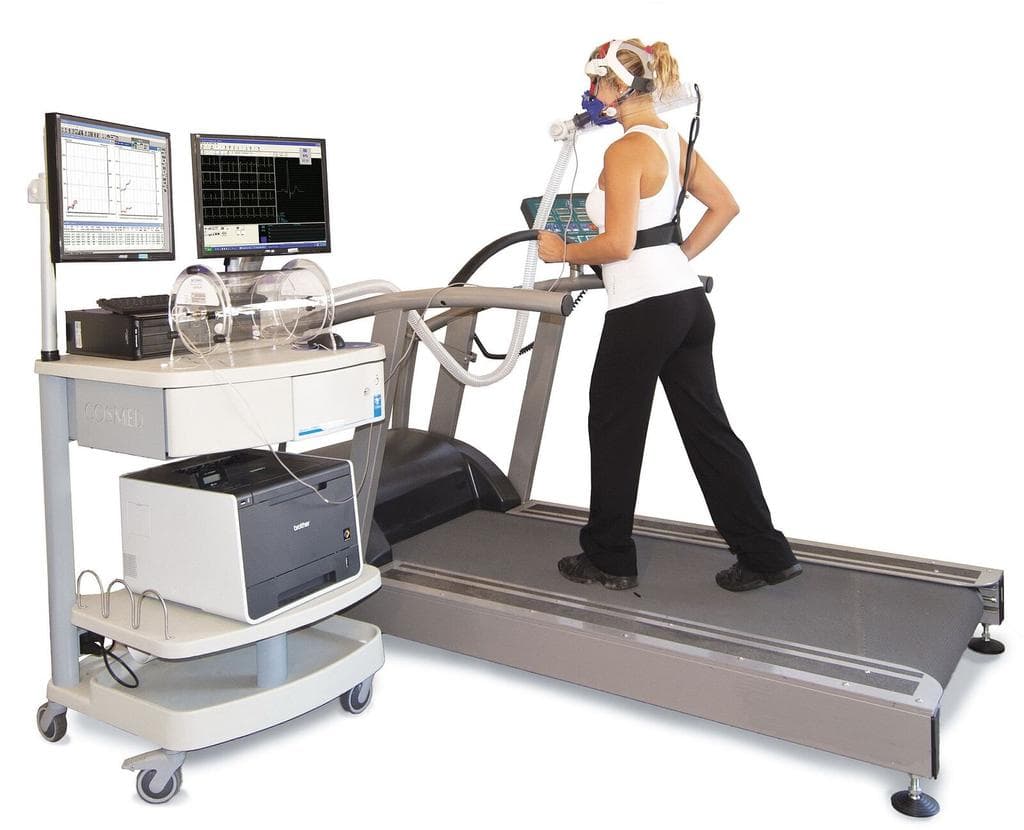
Fortunately, more and more wearables, including the latest Apple Watch and Garmin running watches, have integrated sensors that allow for measurement of VO2 max.
Whether these wearables provide accuracy that is comparable to a treadmill test remains to be seen, but they are likely sufficient for the needs of the average athlete tracking their fitness over time, using the same device.
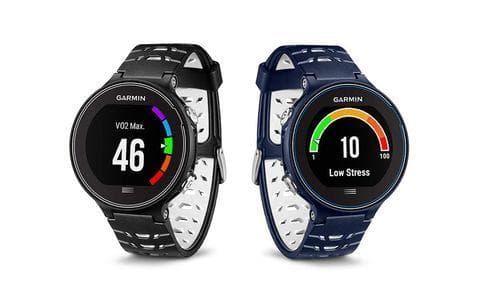
You can also get a rough & ready estimate (based on this study) of your VO2 max and ‘fitness age’ at World Fitness Level, but keep in mind that the metric is more useful when tracked properly and over time.
Body fat measurement
You've probable come across the Body Mass Index (BMI), a measurement invented in the mid-19th century, and used as a screening tool for overweight and obesity ever since.
However, BMI has limitations that can lead to misdiagnosis.
First of all, BMI does not diffirentiate between body fat and lean mass. That is, it can't tell apart a fit athlete full of muscle from an overwight individual.
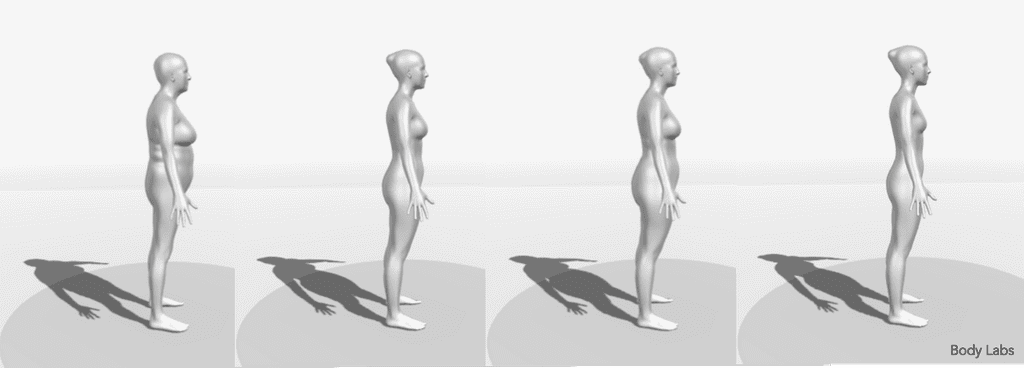
Second, individuals with a similar BMI can have drastically different body shapes, and thus varying risk of disease and early mortality.
For example, all 3D models above have the same weight, height and resulting BMI, but the one on the far left has a much higher risk of diseases.
Knowing what percentage of your weight is fat and fat-free mass gives you a more accurate view of your health, and can help you plan your nutrition and exercise routine.
Unfortunately, body fat measurements offered by at-home connected scales have been shown to be vastly inaccurate, but a measurement using skinfold calipers is reasonably precise and can be done in 15 minutes at many clinics.
DNA testing
Genetic sequencing (a process that determines an individual’s entire DNA), and genotyping (identification of specific genetic variants know to be of interest) is poised to have immense impact on health care.
Early research shows promising applications for the development of new drugs, identification of disease risks and better personalization of health recommendations.
Numerous startups are working on projects in this space, including DNA testing companies such as Living DNA and 23andme, which use a DNA sample from their at-home saliva testing kit to provide ancestry data and tailored health recommendations.
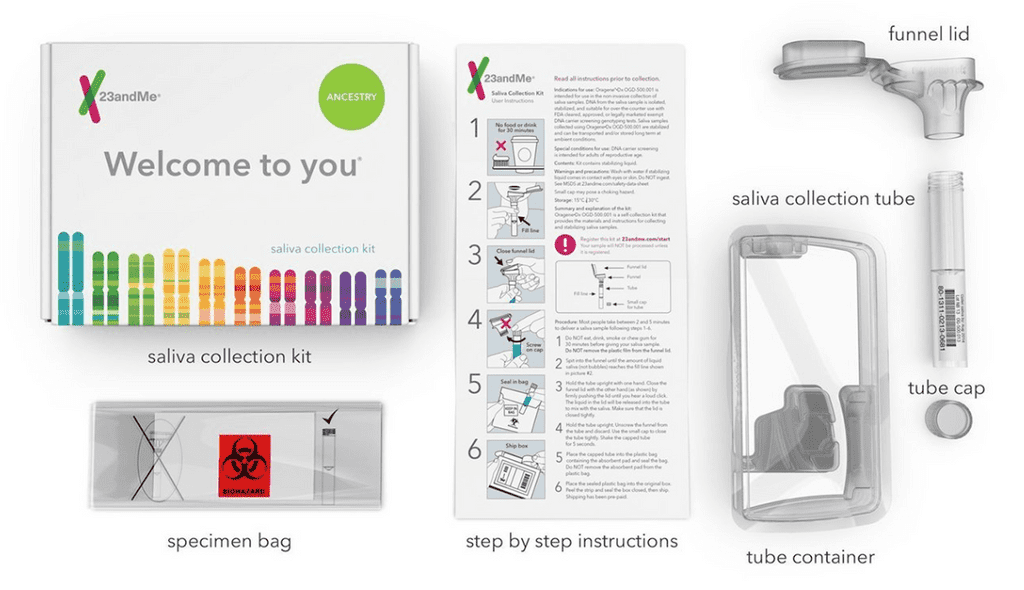
It is important to note that genetic testing is a very young field and immediate, actionable results remain limited compared to their great promise.
Nevertheless, a DNA test can provide a unique insight into your body and guide further testing for serious disease.
For example, the BRCA1 variant of the BReast CAncer gene can significantly increase the risk of developing certain forms of cancer in both men and women. You could then use this information to opt for more frequently mammography tests than would be recommended for the general population
Microbiome testing
The cutting edge of lab testing is undoubtedly the microbiome.
Scientists are only beginning to understand how the microbes in your guts and on your skin affect your health, but early research is pointing to wide-ranging effects on the risk of serious disease and general wellbeing.
Even better, your microbiome is highly susceptible to changes based on your location, diet, lifestyle and other factors which are in your control.
As a result, numerous startups have popped up in this space over past few years.
For example, uBiome (US), Atlas Biomed (EU), and Viome (US, EU) offer at-home kits to test the microbiome of your gut, and use the results to provide dietary recommendations.
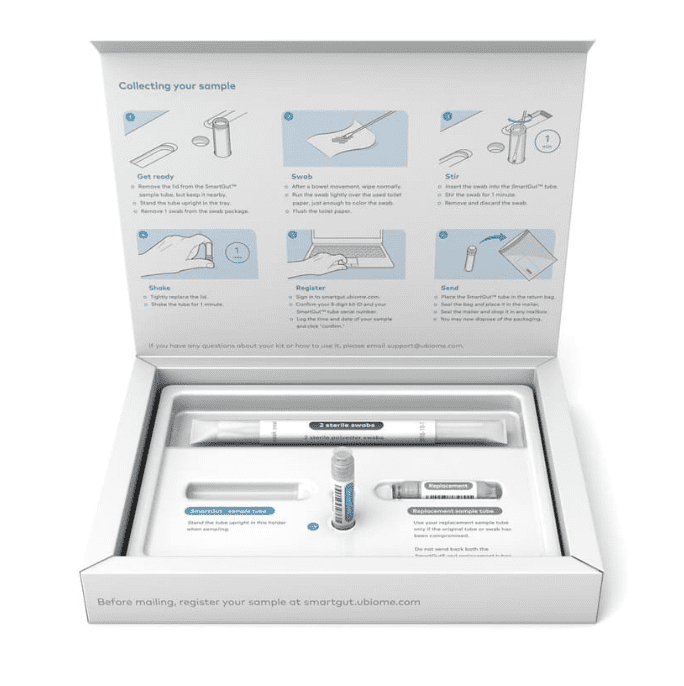
Other startups, such as ELSI, sell skincare products that promote a healthy microbiome.
Like DNA testing, this is a very new area of research, and as such, the immediate value of these tests is still far from their promise to revolutionize healthcare in the future.
Or as Rusha Modi, a gastroenterologist at the University of Southern California, has put it:
If they're part of a process that encourages you to learn which parts of your lifestyle may or may not be assisting your health, then by all means — as long as you understand that the science of these tests is still emerging — then I think they're great.
But if you have an expectation that you might get some particular answer about a problem, then you're probably going to be disappointed.
